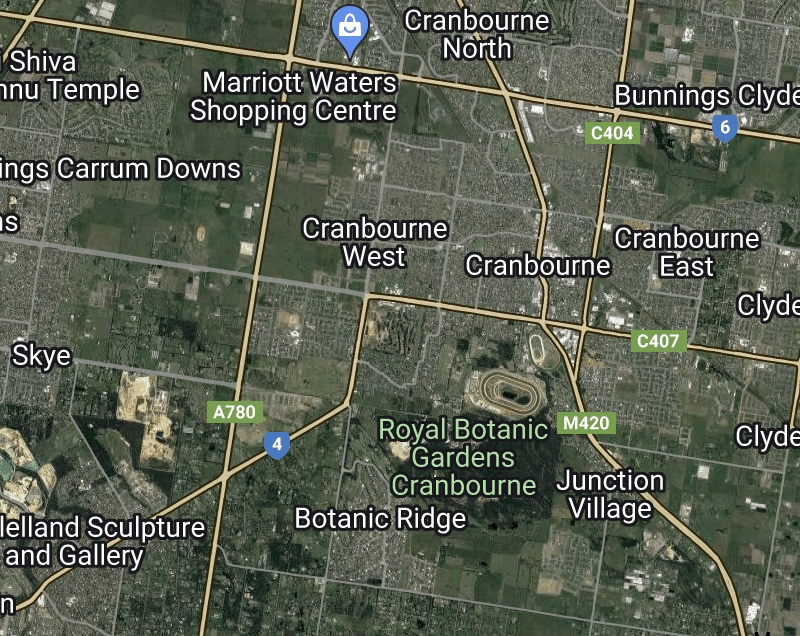Common Men’s Health Concerns We Address
At HealthMint, we regularly support men with a range of health concerns. Below are some of the most common issues our patients discuss with their GP.
Heart Health & Blood Pressure
Cardiovascular disease remains a leading health concern for men. Factors like high cholesterol, elevated blood pressure, smoking, or family history can increase your risk.
Your GP can help assess your individual risk and recommend lifestyle changes and screening options to support heart health, such as:
- Blood pressure and cholesterol checks
- Smoking cessation support
- Diet and physical activity advice
Prostate Health
Prostate issues become more common with age. While not all changes are serious, it’s helpful to have regular discussions with your GP about any urinary symptoms or family history.
Prostate health checks may include a PSA blood test and, if appropriate, a physical exam. Your doctor will guide you through the process, ensuring you’re informed and comfortable.
Diabetes Risk
Diabetes is one of the most common preventable conditions affecting Australian men. Early signs like frequent urination, increased thirst, or low energy should not be ignored.
Routine blood glucose checks and regular assessments of risk factors can help detect diabetes early and support better long-term management.
Mental Health Support
It’s not always easy to talk about how you’re feeling. But if your mood is low, you’re feeling unusually tired, or you’ve lost interest in things you used to enjoy – it may be time to reach out.
Mental health is just as important as physical health. Your GP can provide a safe, confidential space to talk, and guide you toward effective strategies and support services.
Skin Cancer Checks
If you work outdoors or spend a lot of time in the sun, regular skin checks are important. GPs can monitor any new or changing moles or spots and arrange for treatment or removal if necessary.
Early detection is key to successful skin cancer treatment, and these checks are quick and straightforward.
Work-Related Injuries
Physically demanding jobs can lead to strain, repetitive use injuries, or joint problems over time. Your GP can help assess your musculoskeletal health, suggest exercises or physiotherapy referrals, and provide documentation for workplace injury support where needed.
Recommended Men’s Health Check-ups
Preventive care plays a key role in living well and staying active. We recommend:
- Annual general health checks for all adult men
- 40–49 year-old risk assessments for chronic disease
- Prostate check discussions beginning from age 50, or earlier if you have a family history
- Cardiovascular risk assessments (blood pressure, cholesterol)
- Mental health discussions if you’ve noticed changes in mood or sleep
- Skin cancer screenings, especially for those with a history of sun exposure
A Comfortable, Supportive Space for Men
HealthMint was designed with your comfort in mind. Our clinics are peaceful, non-clinical environments where you can have open, honest conversations without judgment or pressure.
We take a modern, personalised approach to care, ensuring your concerns are heard and your health goals are supported.
Book a Men’s Health Consultation
Ready to take control of your health? Whether it’s a check-up, a conversation about symptoms, or preventive care, our team at HealthMint Cranbourne North and Croydon is here to help.
Book your men’s health consultation today
Disclaimer: The information on this page is general in nature and does not replace individual medical advice. All services are provided following consultation with a qualified healthcare professional. HealthMint complies with AHPRA’s guidelines for advertising regulated health services.



